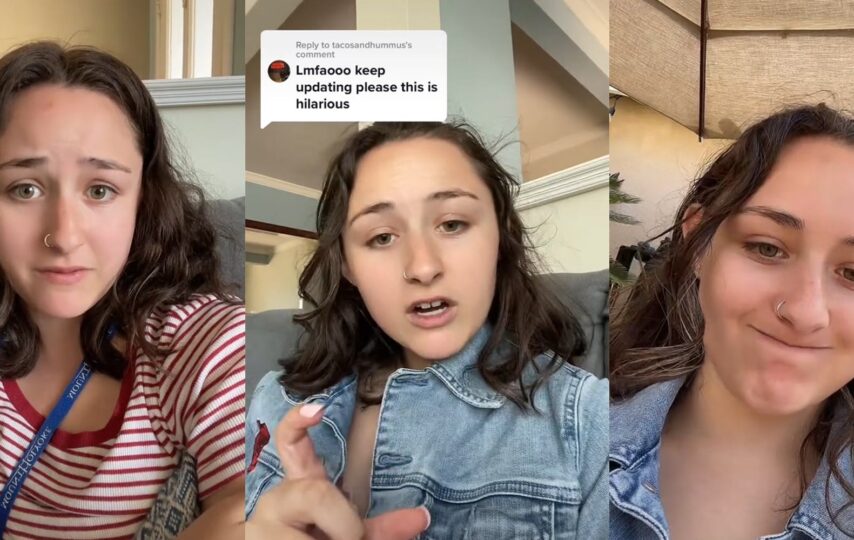This is a reminder that scams can happen anywhere, even on your favorite social media platform.
I am a young woman in my 20s and I am an active Instagram user.
Recently, I was scrolling through my Instagram feed and received a notification about a new direct message request. I saw an older man in the photo of the channel.
The direct message read: “Hi, my name is Walker and I’m looking for a Sugar Baby. I would like to pay you 1,500 euros a week.” Although this seemed like an obvious scam attempt, I was curious. So I answered.
I first asked “Walker” what he would like him to do in return, after which he told me that he was simply looking for someone to talk to since his wife had passed away. To this, I asked how I could be sure that he wasn’t trying to scam me. He sent me some pictures of girls holding papers that had written “Walker paid me 1,500 euros” or “Walker is a real Sugar”. (However, he quickly deflected these messages after sending them; this part of the story remains a mystery to me.)
So I said, “Okay, let’s do it!” At this point, I was very curious to know what would happen. He asked me for my PayPal payment link to share and I sent it to him.
What happened then was, in a nutshell, predictable. Walker sent me a picture that the payment would be pending and I would need me to send him an amount first to verify it. The image said he asked me for money and needed me to verify it with a Google Play card. Unfortunately for Walker, the image had obviously been faked. I blocked it.
How Do Sugar Daddy Scams Work?
As I described above, aspiring “Sugar Daddy” attract their victims through direct messages on Instagram with messages that sound (and are) too good to be true. They first try to earn your trust and before proceeding with the payment request. When they come to request payment “verification,” these scammers will disappear as soon as the money is sent and in their possession.
Payment for verification is mainly made with prepaid cards, such as Google Play or Amazon Cards. These are payment methods that cannot be easily refunded.
This scam is far from unique today: many young women are affected by similar tactics from cybercriminals around the world. Some of these women may have a difficult financial situation and may be able to use the money. Alternatively, they may only be looking for a certain standard of living that they might not otherwise be able to afford. The so-called “Sugar Daddy” takes advantage of these situations to make a profit and end up causing a lot of damage.
How Can You Avoid Being Scammed?
As a general rule, it’s safe to assume that whenever something seems to be good to be true, that’s usually the case. Here are some additional steps you can take to avoid being scammed.
- Don’t answer messages from people you don’t know. If in doubt, look at their profile to see if there’s anything suspicious about it.
- Ignore any message that promises free money. Plain and simple.
- Do not give your personal data to strangers. You wouldn’t do it in person, so why do it on the Internet?
- Do your research. If you want to validate any message you receive, there are plenty of resources from other people who have come across similar types of scams. Read relevant online forums and groups to learn more.
Scams can happen anywhere, even on your favorite social media platform. When you come across such cases, if possible, report them directly to the network where they appear, be it Instagram, Facebook, TikTok or another channel. This is a step toward making the internet a safer place for all of us.
Also read How to Find a Sugar Daddy on Snapchat.








